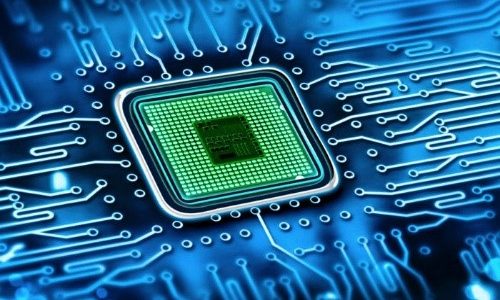| 1 YEAR | II semester | 6 CFU |
| Christian Falconi | A.Y. 2022-23 (since) |
since A.Y. 2023-24 (new block E) – program
|
|
| Code: 80300103 SSD: ING-INF/01 |

| 1 YEAR | II semester | 6 CFU |
| Christian Falconi | A.Y. 2022-23 (since) |
since A.Y. 2023-24 (new block E) – program
|
|
| Code: 80300103 SSD: ING-INF/01 |

| 1 YEAR | II semester | 6 CFU + 3 cfu extra |
| Rocco Giofre’ | A.Y. 2021-22
A.Y. 2022-23 |
| Paolo Colantonio | A.Y. 2023-24
All study programmes and syllabi
|
| Code: 8037954 (9CFU) 80300060 (6CFU) SSD: ING-INF/01 (by Engineering Sciences) |
Students who include Analogue Electronics in their study plan are strongly advised to take it in its 9-CFU version, with the last 3 CFUs (out of 9) serving as Extra Credits.